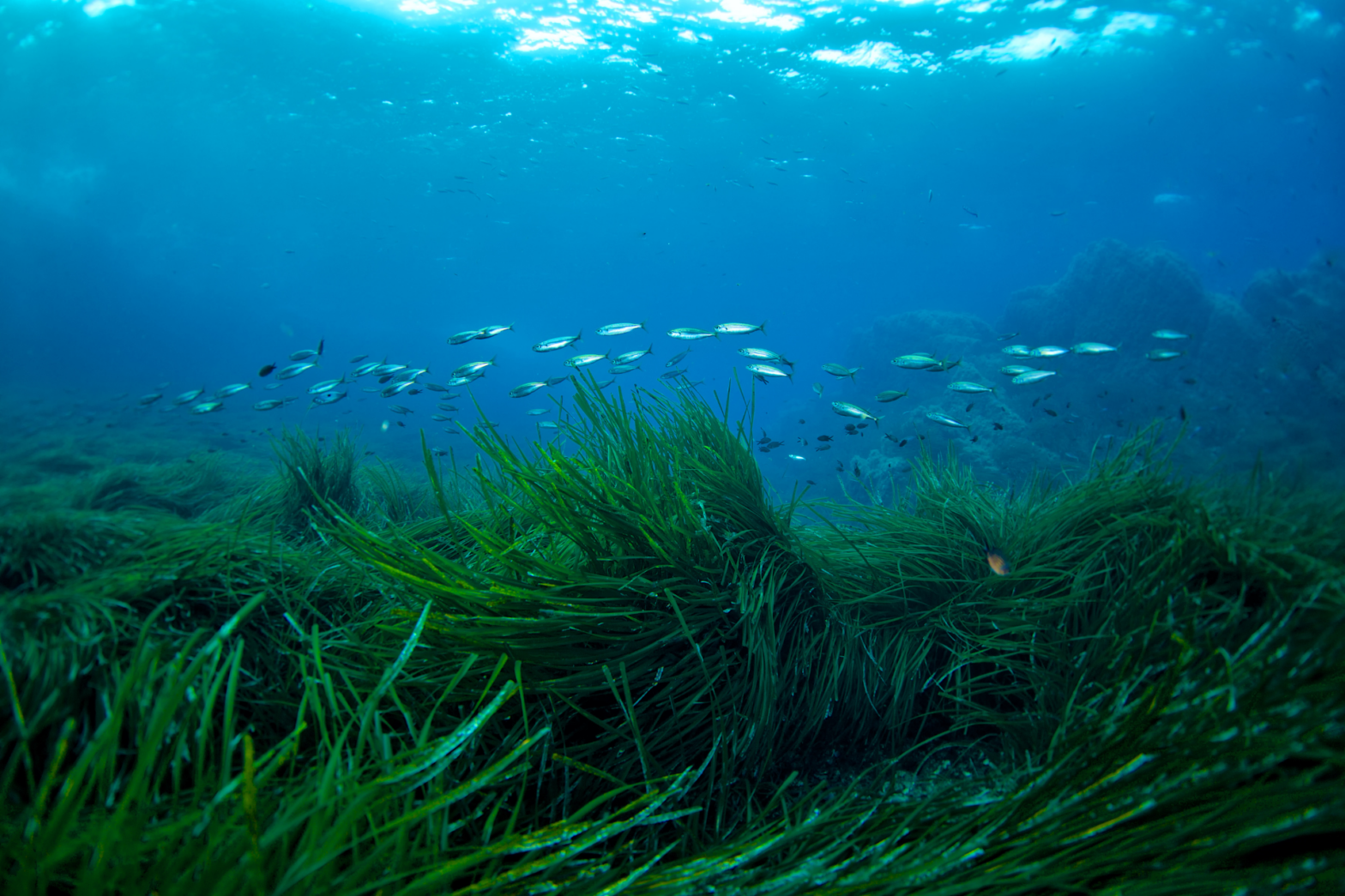Time has come for EU Member States to phase-out bottom trawling
Did you know, that one of the most destructive fishing methods – bottom trawling – is still taking place even within Marine Protected Areas (MPAs)? Now, there is momentum growing that this may change within the waters of European Union Member States.
In the upcoming month, under the requirements of the Ocean and Fisheries Action Plan, national Fisheries and Environment Ministries will begin to shape concrete measures that, if wisely designed and timely implemented, can improve the state of the ocean. Member States of the European Union must seize this opportunity by setting plans ambitious enough to meet the urgency and the scale of the crisis currently faced by the ocean. These plans will be shaped during a series of talks, between the European Commission and Member States.
OceanCare is taking a firm stand to support the initiative of phasing-out bottom trawling and is also working towards this objective within a coalition of NGOs, coordinated by Seas At Risk, together with other stakeholders, such as Oceana and BUND [Bund für Umwelt und Naturschutz Deutschland]. With the publication of a long-awaited Action Plan in February 2023, the Commission made a step forward by unveiling the uncomfortable truth about the state of marine life in EU waters. The Commission finally acknowledged the responsibilities of the fisheries sector and the need to shift to low-impact fisheries, by moving away from destructive fishing practices like bottom trawling, as well as by truly protecting sensitive species.
The destructive fishing practice of bottom trawling shows a blatant disregard for the ecological and climate polycrisis we are going through, and it exacerbates the pace of marine biodiversity loss. Dragging nets on the seafloor destroys the habitat of species and produces a large amount of incidental catches. Bottom trawling also contributes to acidification and global warming and prevents the ocean from absorbing and storing carbon, leading to a reduction in the ocean’s climate mitigation capacity as well as of the climate resilience of marine ecosystems.
Not even Marine Protected Areas are spared from the destruction of trawlers. Allowing trawlers to devastate areas that are meant to preserve pristine underwater landscapes and diverse marine life, betrays the spirit behind the creation of protected areas in the first place. As one of the most debated issues in the Action Plan, the ban of bottom trawling in all EU marine protected areas by 2030 shows how European fisheries are far too dependent on a devastating technique.
Another hotly debated issue in the Action Plan is the protection of marine sensitive species, such as sharks, dolphins, harbour porpoises, and birds. Despite being strictly protected by European legislation (the EU Habitats Directive), these species often become victims of fisheries operations due to the indiscriminate nature of certain fishing methods, such as gillnetting or trawling. The topic has become highly political due to Member States not abiding by their obligations under EU legislation (such as the Technical Measures Regulation), which require them to minimise incidental catches. This repeated failure to comply with EU legislation is a stark reminder of the inadequacy and weakness of the functioning of the EU’s various conservation rules and the need for Member States to improve conservation action and implementation.
Talks are set to hopefully end political stalling. As foreseen in the Action Plan, by the end of 2023, Member States must develop plans to prevent further bycatch of cetaceans, such as dolphins and harbour porpoises. National governments should swiftly shape and implement these plans with no delay, as effective measures to protect these species were long supposed to be in place. In particular, we call on France to abandon its inexcusable inaction on the preservation of dolphins, and demonstrate domestically the level of ambition professed on the world stage in the fight against biodiversity loss. Should States fail again to minimise incidental catches of sensitive species, the Commission must use its power by systematically applying infringement procedures and emergency measures on non-compliant Member States.
We call on EU Member States to follow the lead of the European Commission and help fisheries communities transition towards more selective, less harmful and less carbon-intensive fishing practices. It is time to prioritise low impact fishing practices that respect planetary boundaries and can guarantee a prosperous future for our blue planet and all its inhabitants.
